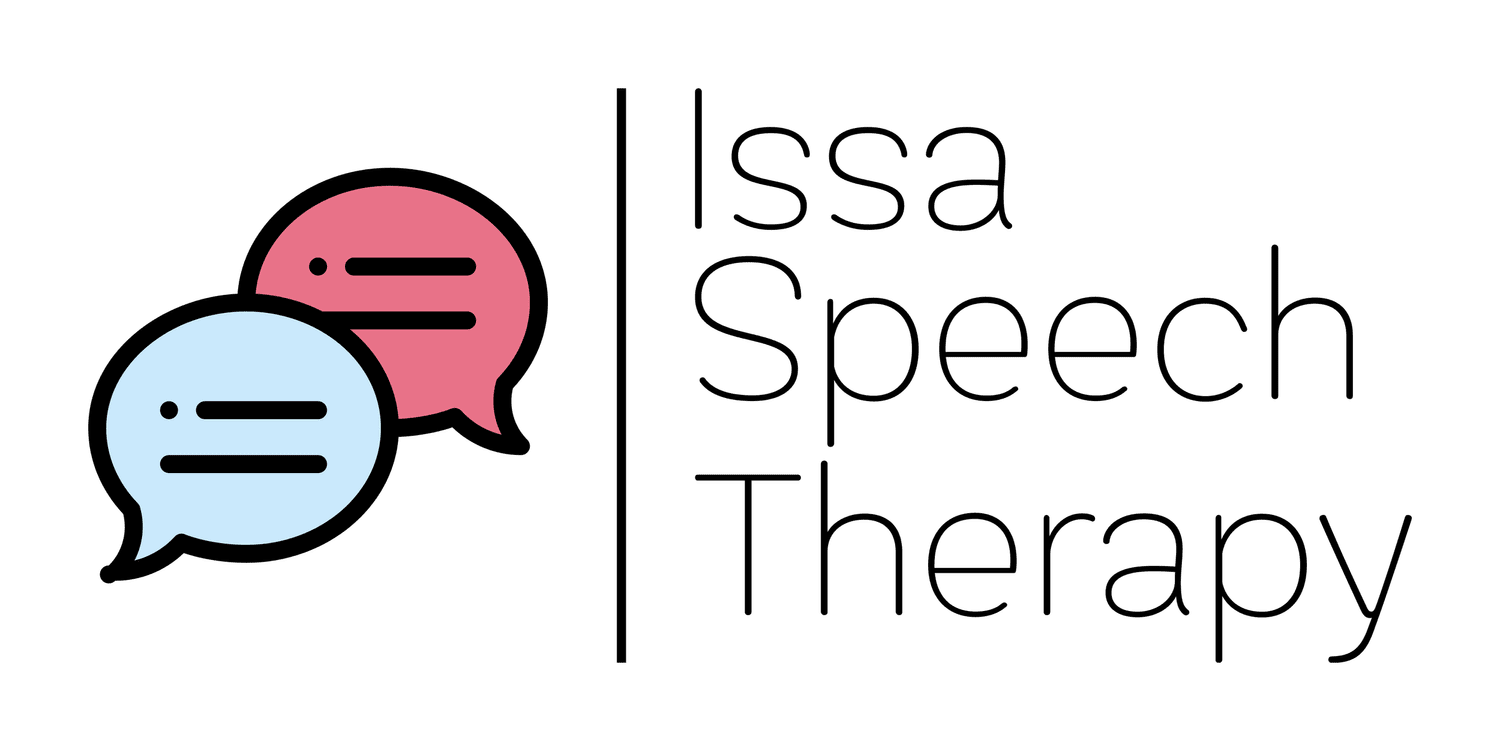
Early Childhood Development
Early Childhood Development and Milestones:
Early childhood development refers to the period from birth to five years of age, where children experience significant physical, cognitive, social, and emotional growth. Each child progresses at their own pace; however, there are generally recognized developmental milestones. These milestones serve as important markers for language development and provide insight into your child's progress.
Speech and Language Milestones:
Birth to 12 months: Babbling, cooing, responding to sounds, imitating simple sounds, and using gestures like waving.
12 to 24 months: Using single words, recognizing familiar people and objects, understanding simple commands, and engaging in basic conversations.
24 to 36 months: Combining words to form short phrases and sentences, asking questions, and showing increased curiosity about their environment.
3 to 4 years: Expressing ideas with more complex sentences, using pronouns correctly, engaging in imaginative play, and following multi-step instructions.
4 to 5 years: Having longer and more detailed conversations, telling stories, using past and future tense, and showing an interest in reading and writing.
Identifying Speech and Language Delay:
As speech pathologists, our aim is to promote early detection and intervention in the case of speech and language delays. While each child develops at their own pace, certain warning signs may indicate potential delays:
a. Speech Delay Signs:
Limited babbling or absence of sounds by 12 months.
Not using single words by 18 months.
Difficulty combining words into simple phrases by 24 months.
Inability to be understood by familiar caregivers by 2.5 to 3 years.
b. Language Delay Signs:
Limited vocabulary for their age.
Struggling to follow age-appropriate instructions.
Difficulty comprehending simple questions or expressing their thoughts.
Challenges in engaging in age-appropriate play and interactions.
The Importance of Early Detection:
If you notice any of the mentioned signs in your child's speech and language development, early intervention is crucial. Seeking intervention can significantly improve your child's communication skills and overall development. Through targeted therapies and tailored activities, speech pathologists can help children overcome language delays and reach their full potential.
How You Can Help at Home:
As caregivers, you play a pivotal role in supporting your child's language development:
Engage in regular conversations with your child, using clear and simple language.
Encourage reading together and storytelling to foster language skills.
Provide opportunities for social interactions with other children and adults.
Utilize playtime as a means to encourage language and communication.
In the realm of early childhood development, speech, and language milestones are vital indicators of your child's progress. It is encouraged for you to actively participate in your child's language journey, recognizing the importance of early intervention should any delays arise. Together, at Issa Speech Therapy we can foster a nurturing environment where your child's communication abilities will flourish, setting them up for success in all aspects of life.

